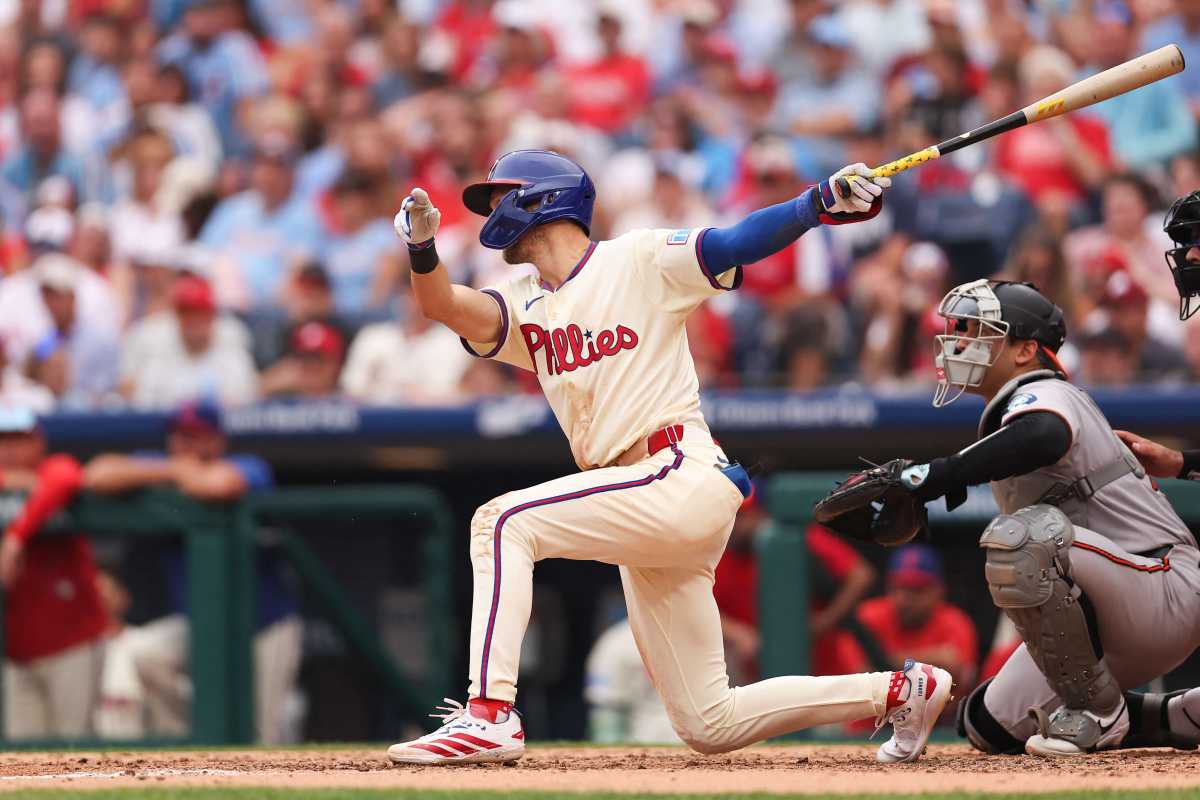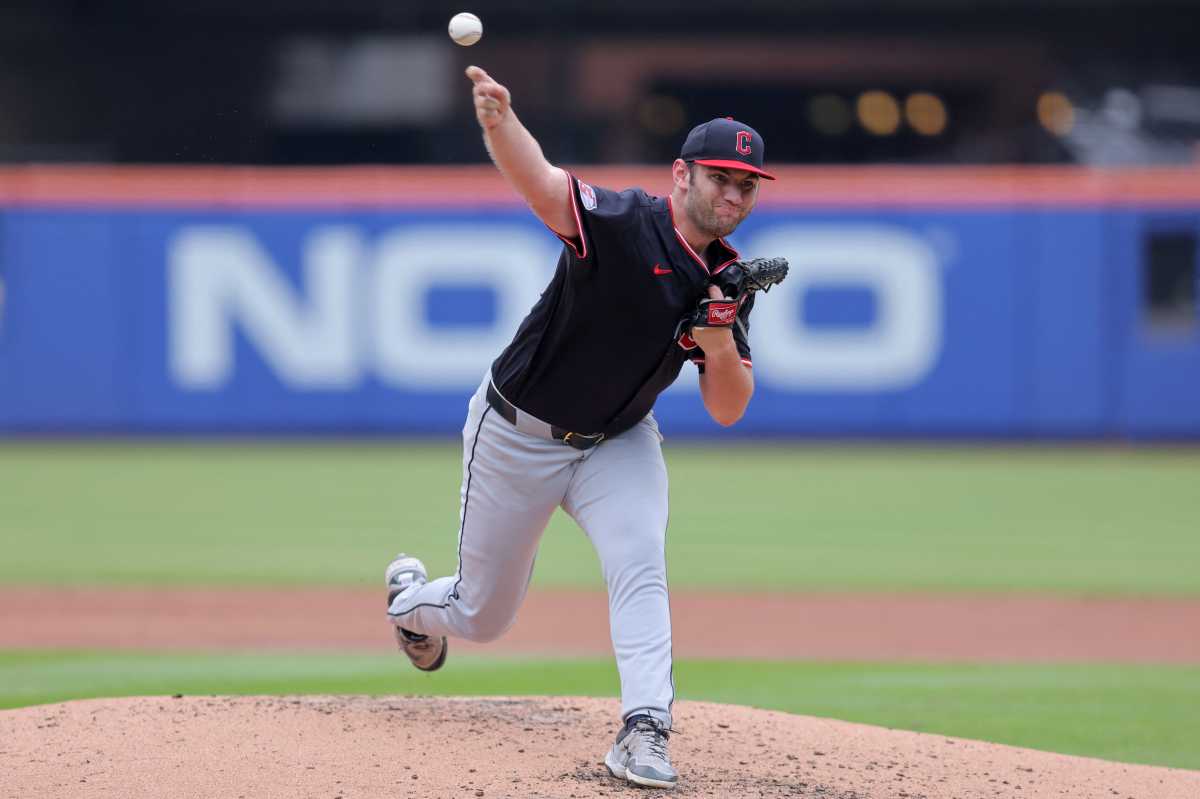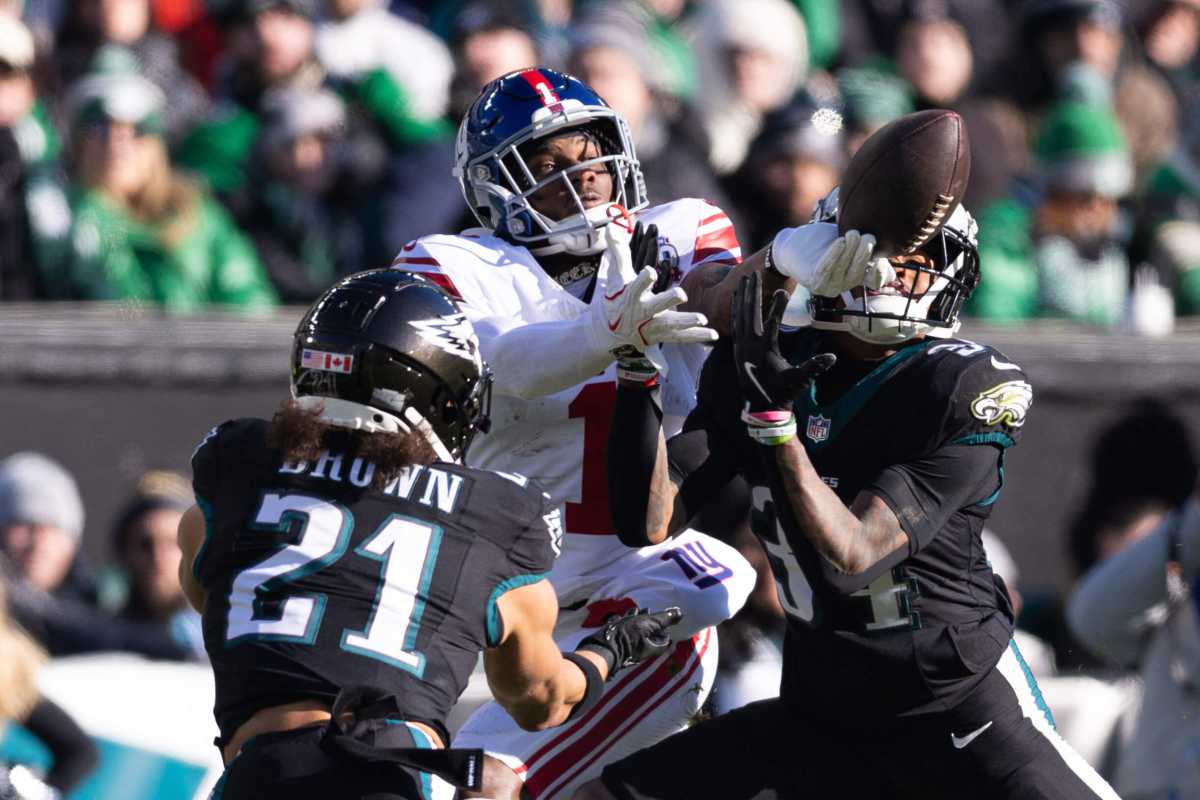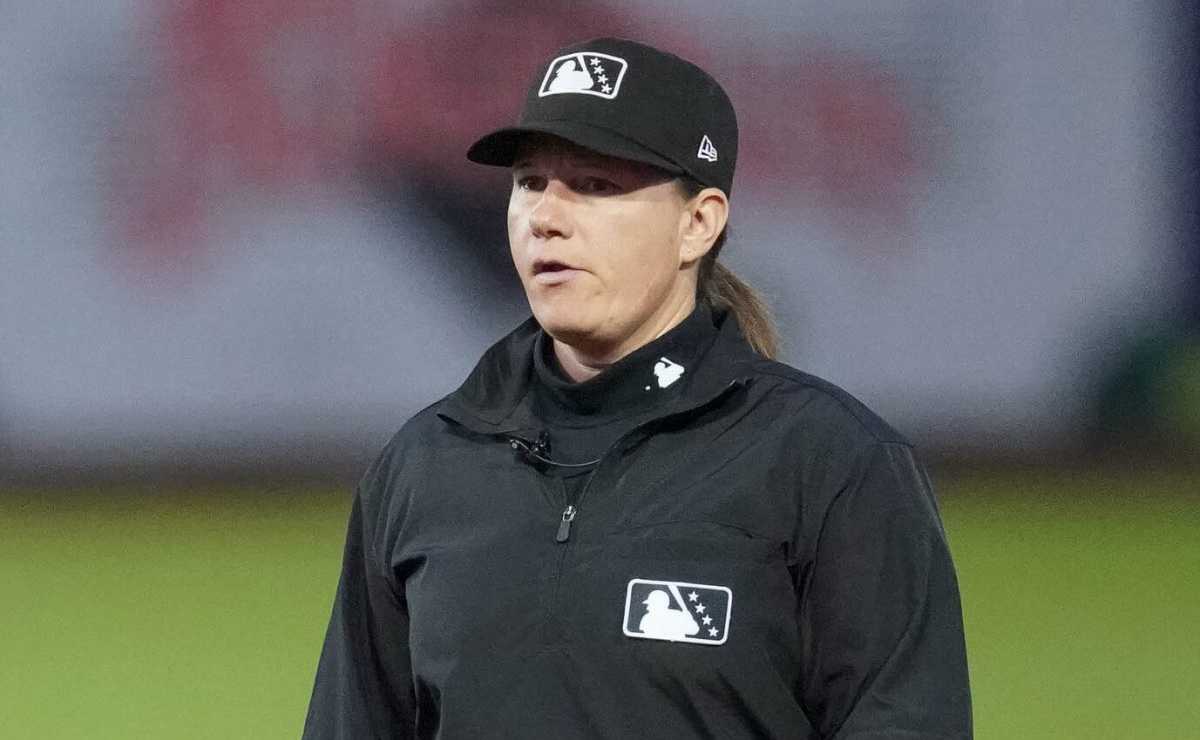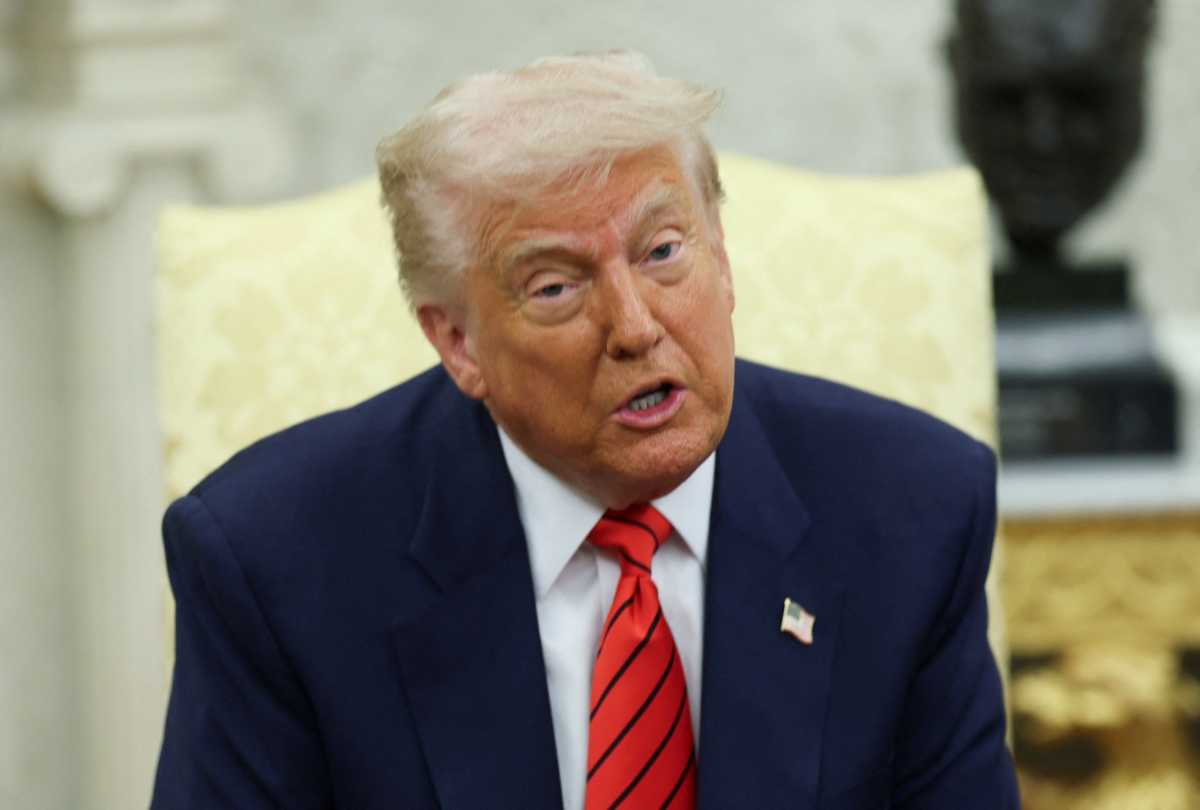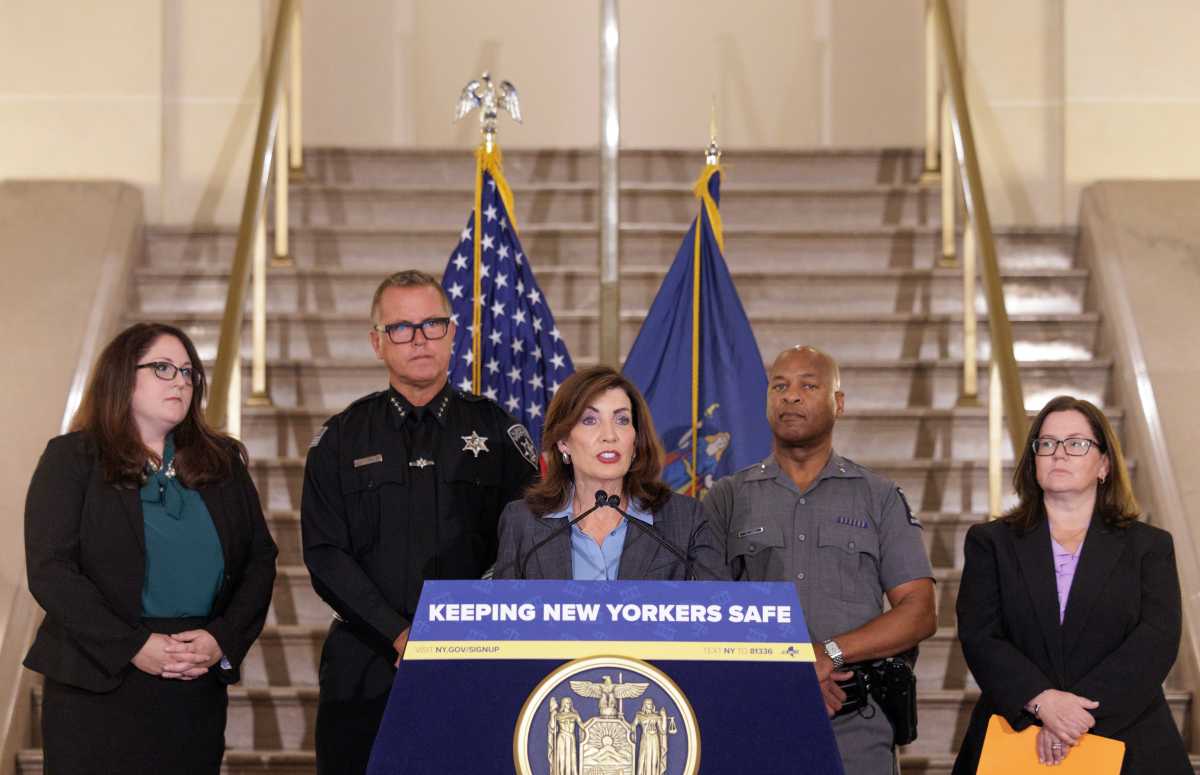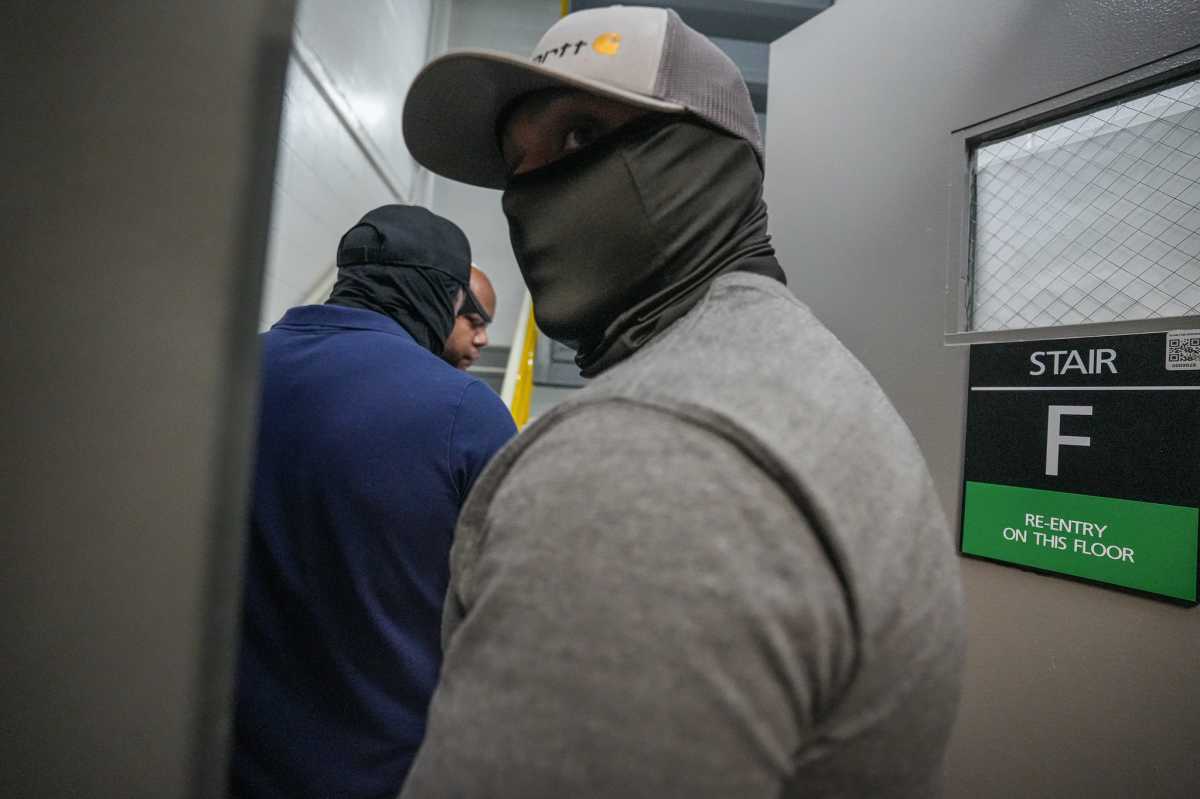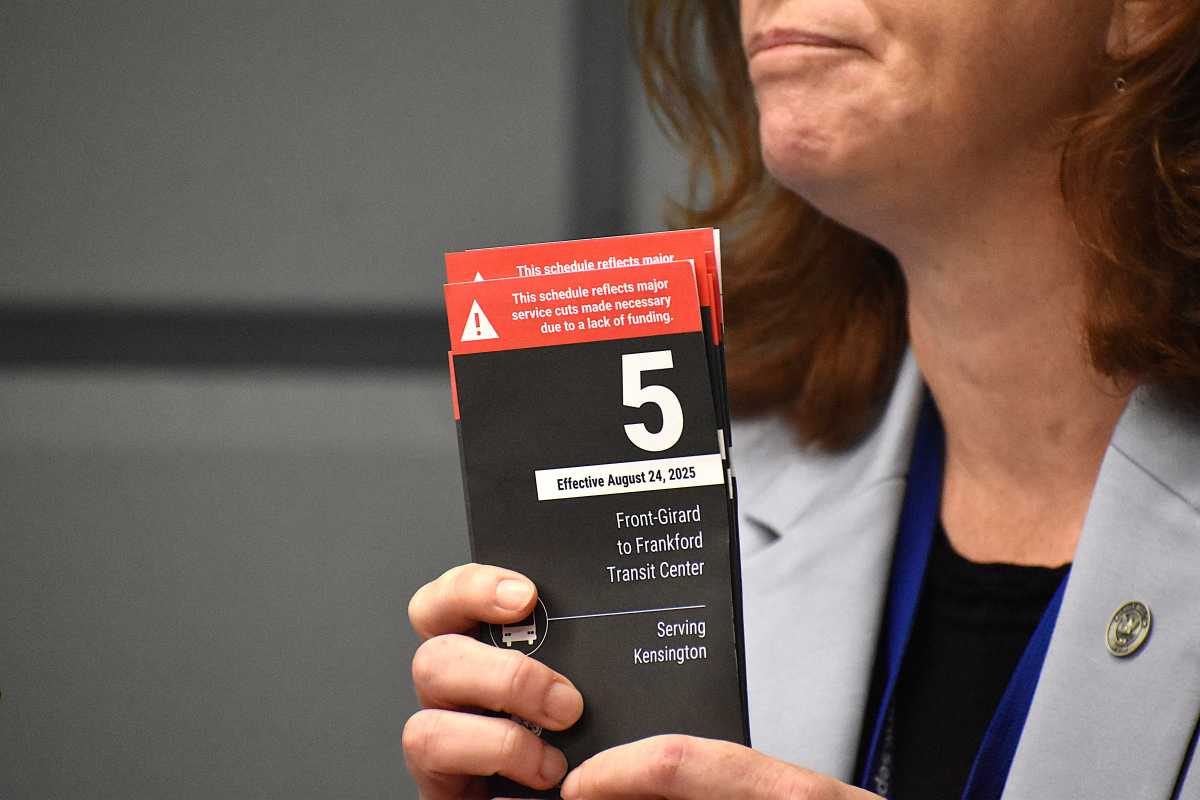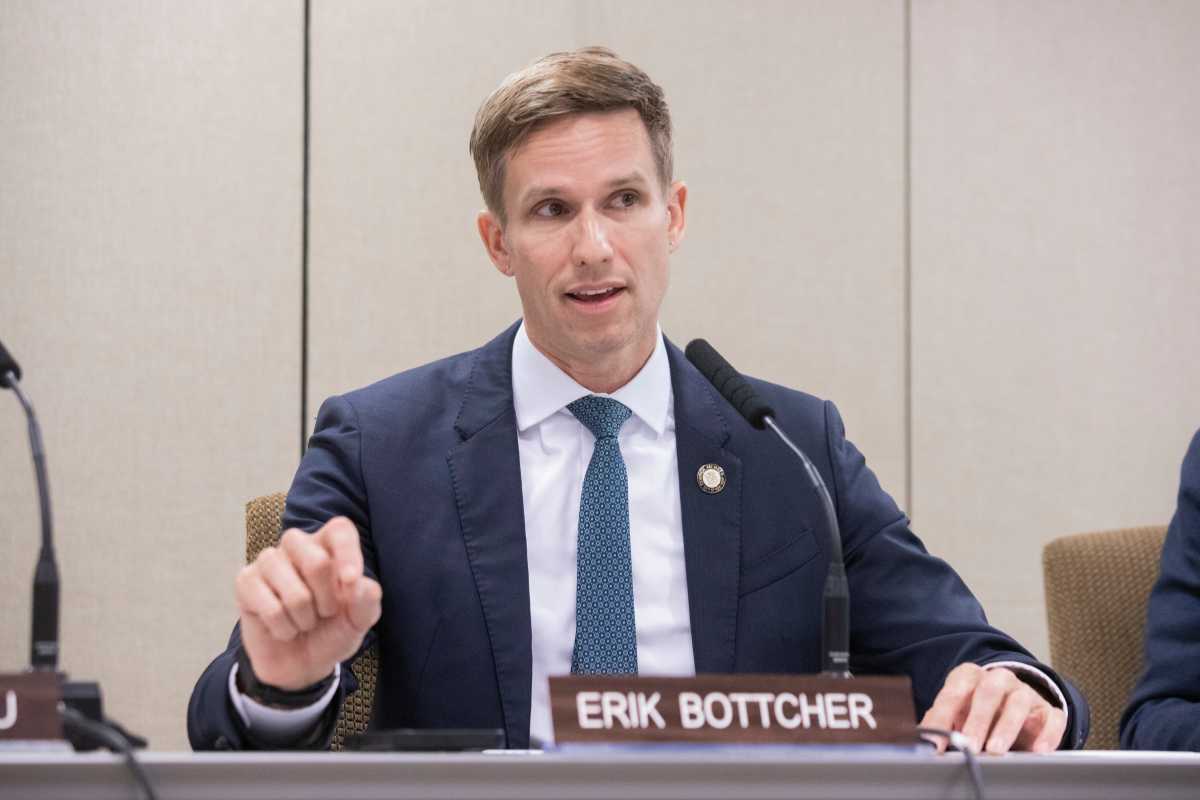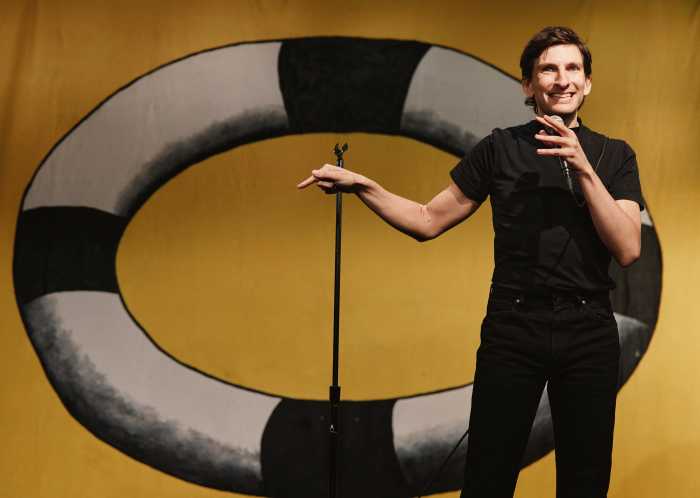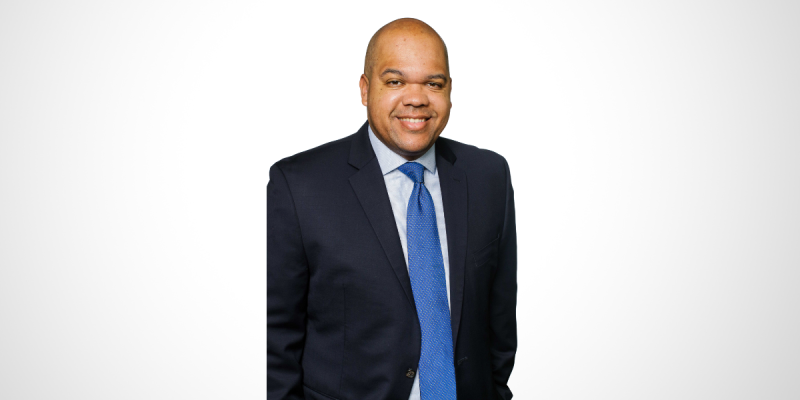As protesters chanted in the hearing room, the MBTA’s board voted Monday to approve an increase in the cost of fares by an average of 9.3 percent system-wide.
The cost of a subway ride with a CharlieCard will jump about 7.1 percent from $2.10 to $2.25, according to the new policy.
The cost of a monthly subway LinkPass is set to climb from $75 to $84.50, the cost of a local bus ridewith a CharlieCard will climb 10 cents to $1.70 and monthly commuter rail passes will spike between $4.25 and $36.25.
The decision comes after months of meetings and hearings, all of which had brought out opponents to a fare hike who voiced concerns about paying more for a system with still-unreliable service and opposition to burdening the city’s most vulnerable.
RELATED: Time has come for MBTA fare hike vote
Monday’s meeting was no different, as demonstrators waving signs and shouting in megaphones loudly pressured board members not to bump up costs to riders.
The protesters shouted over the meeting in progress, yelling, “Fight the hike!” “This board is corrupt!” and “We won’t be ignored!” according to accounts from media in the room.
In that testy environment, the board voted to adopt an increase at the higher end of options the board considered for hiking fare prices.
RELATED: Hundreds of students join BPS walkout protest Monday
Price increases vary from service-to-service.
The cost of a monthly student pass will jump to $30 from $26, but will be made available year-round rather than just during the school year. The T will now offer a $1 per pass discount for schools who buy passes for students in bulk.
Passes for seniors will jump by $1 to $30.
A trip on The Ride, the MBTA’s door-to-door service for disabled passengers, will cost 5 percent more: $3.15 within an ADA-required service area or $5.25 for “premium’ trips further away.
The new policy would actually see a reduction by a dime for local bus CharlieTicket and cash fares to $2.00
The new fares, scheduled to begin July 1, are projected to raise $43 million in fiscal year 2017, the T said Monday.
Earlier, the board had said it was deciding between two options: a system-wide increase of about 6.7 percent or about 9.7 percent.
At the Monday meeting, the board also voted in a resolution to delay the next MBTA fare increase to Jan. 1, 2019 – which is six months later than July 2018, the earliest date the T can legally hike prices again.
The new policy will also require one fare from riders who make multiple transfers – from bus to rail to bus.
The $43 million raised in fiscal year 2017 will be stored in a “lock box” account to invest in system improvements, according to a document released by the MBTA Monday night. A total of $25 million raised in 2016 will also be stored in that account, the document said.
The scene at #MBTA fare hike meeting. pic.twitter.com/kxvz1a3q4Z
— Adam Vaccaro (@adamtvaccaro) March 7, 2016
Protesters disrupt #MBTA fare hike meeting pic.twitter.com/iQcLy3lnXT
— Andy Metzger (@MetzgerBot) March 7, 2016
Board ignoring the transit activists as they yell “We won’t be ignored” and “This board is corrupt”
— Nicole Dungca (@ndungca) March 7, 2016
Mbta protesters promise “we’ll be back” and leave pic.twitter.com/pwlNxYG9qP
— Mike Deehan (@deehan) March 7, 2016













